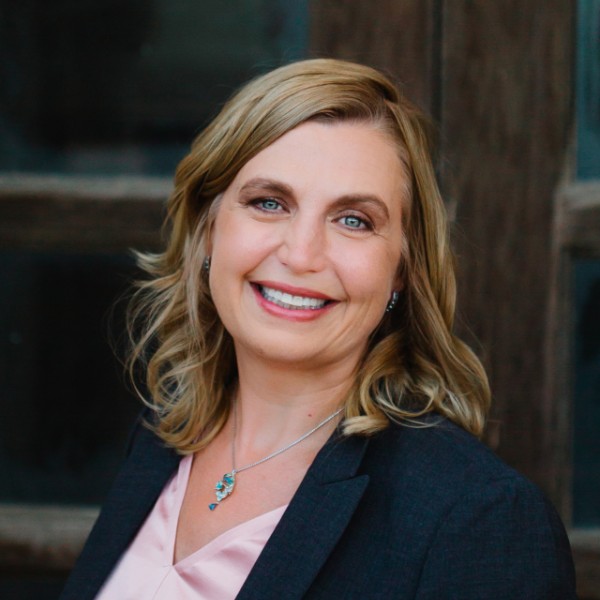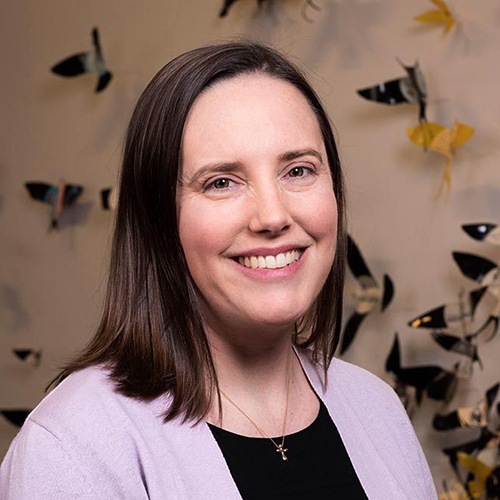It started when I needed Bible class teachers in the Lutheran congregation I serve as an associate pastor.
The most obvious candidates had already declined. I opened the church directory to the first page and browsed through the names. I called a handful of people I thought might be a good fit. Once I had called my first choices, I went back to the beginning of the directory and started on my second choices.
It hit me somewhere around the letter M: there must be a better way to find leaders.
That moment of desperation inspired me to develop a better way. My idea was to put in place a process for identifying leaders before there is a need. I share it in the hope that it will help others identify, develop and dispatch leaders.
The key to this system is that it is person-based rather than need-based.
This is how it works: Long before there is a need, I begin by praying for God to identify leaders in the congregation. After spending time in prayer, I ask current leaders in the congregation to suggest names for potential leaders.
Once I have a list of roughly 15 individuals, I send them a letter introducing our leadership development process. I explain that I have been praying about our congregation’s future leadership and that their names have surfaced as potential leaders. I invite them to pray about this as well and to consider being part of a future leader pathway.
The pathway has three components: participants read a book with other future leaders, pray about the possibility of leading in our congregation and attend occasional gatherings of the future leaders group.
The letter notes that the timeline for this process is short -- roughly six months -- and the week-to-week time commitment is limited. And it makes clear that there is no obligation to take on a leadership role once the process is completed. I’ve found that if I send this letter to 15 individuals, typically five will accept the invitation.
When the group is in place, I set aside sustained time to pray for the participants individually during my monthly half-day prayer retreats. I pray that God will be present in their personal lives, lead them toward spiritual maturity and provide whatever they need to thrive as leaders.
I give the group a book to read. My choice is “Making All Things New: An Invitation to the Spiritual Life,” by Henri Nouwen. Although this is not a leadership book, it is helpful for developing spiritually mature Christian leaders because it’s an invitation to be centered on Jesus rather than being fragmented by the chaos of daily life. (Others might choose another book to suit their needs.)
Once everyone has had a chance to read the book, we come together to pray, discuss the text and get to know one another.
Every person in the group is given the opportunity to share why he or she has decided to be part of this process. Participants can also share fears or concerns they may have about becoming leaders.
A month after our first meeting, I send handwritten notes to the individual participants letting them know that I have been praying for them. A month after that, I send a follow-up email to the group with a few more reflections on the book that we all read. Two months later, I begin scheduling meetings with each person to get to know them better, discuss the book further and talk about leadership in a more personal way.
This may sound like a lot of work for the group leader, but it really is not. The total time I need for the prayer, writing a few notes, and some meetings amounts to less than 10 hours.
The process is simple. Still, it’s often messy. Some people come to the end and realize that teaching is not a good fit for them. I have had others start out hoping to be Bible class teachers and end up serving on our governing board. Another person took two years to find a good place to serve.
Generally after four to six months, people’s skills and passions emerge. For instance, one person realized that he was often sought out by co-workers to talk about Christianity. We recognized that he was skilled at being a Christian in the workplace, and he’s now teaching a Bible class on that topic.
I’ve been using this process for three years now, and it has been incredible to see how God works through it.
One woman had begun the process with a vague sense that there was something missing in her life and God was calling her to do something new. After praying about this and talking with others, she had a steady realization that she needed to do something with women’s Bible study.
Meanwhile, I had noticed a need in the congregation for an evening women’s Bible study. When I asked her to lead it, she began to weep. She told me that this opportunity was an answer to her prayers. And it was clear that God had put all the pieces together.
What would it look like for your congregation or organization to develop leaders before there is a need? The system you use may resemble what my congregation does. It may not. But regardless of how you develop leaders, if you begin the process long before there is a need, you’ll be able to skip the frantic search through the directory.
Waiting until you need a leader is the worst time to find one. Develop future leaders by praying for them, praying with them and discovering the gifts God has given them. Develop your leaders first. And then find a place for them to serve.














